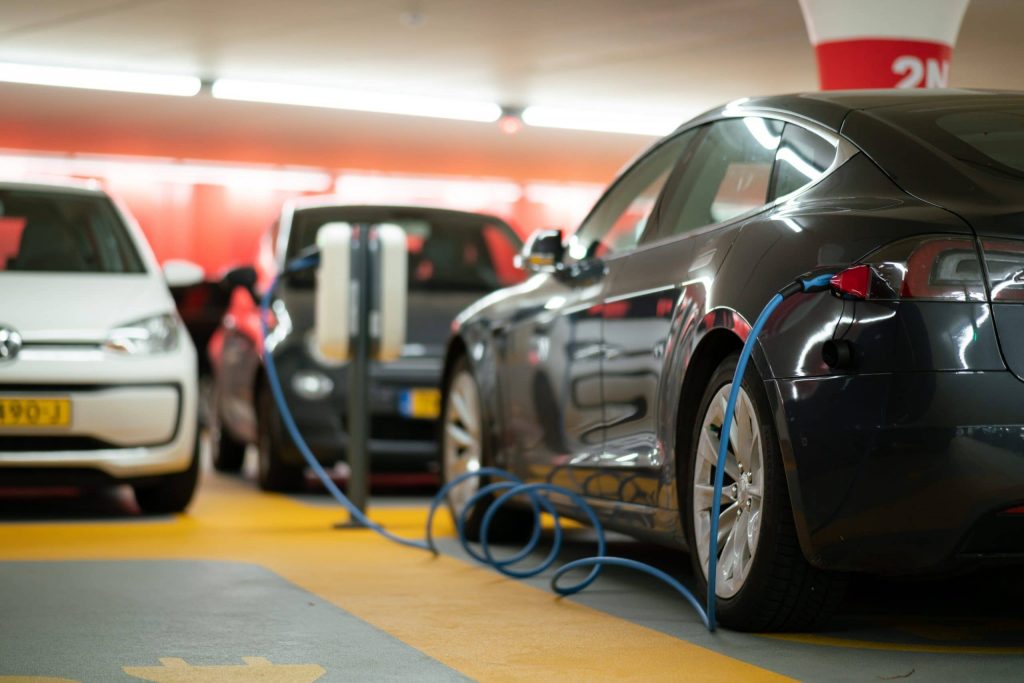Electric vehicles could save Canadians thousands of dollars, new analysis shows

Posted Mar 31, 2022 11:23 am.
Last Updated Mar 31, 2022 1:23 pm.
Saving the planet is critical, but how about saving your wallet?
Going electric has become a viable alternative to gas-fuelled vehicles — in large part due to a global surge in prices.
A new analysis released on Thursday by Clean Energy Canada is the latest data to provide a more transparent picture for consumers, calculating and comparing ownership costs of electric and gas cars, from purchasing to refuelling to maintenance.
And in every case, Clean Energy Canada concluded that the electric car is much cheaper than the gas alternative.
The report, The True Cost, assessed many of Canada’s most favoured car models. The study assumed that each vehicle is owned for eight years, driven 20,000 kilometres annually, and (in the case of gas cars) fuelled with $1.35-per-litre-gasoline (the 2021 average).
In four out of the six comparisons, Clean Energy Canada determined that the cost savings of going electric range from $15,000 to over $19,000.
“Ultimately, the road to clean energy is the road to affordable energy,” said Clean Energy Canada transportation program manager Joanna Kyriazis.
“With gas pump prices squeezing Canadian wallets while climate impacts are felt across the country, the true cost of gas vehicles is even greater than we think.”
On March 16, Premier Doug Ford indicated that there would be no return to the electric vehicle subsidies he ditched after being elected in 2018.
“Since we’ve been in office, electric vehicles have tripled in sales, so I guess that was a good decision,” Ford said.
The Liberals and Steven Del Duca are pledging EV subsidies of up to $8,000, while Mike Schreiner and the Green Party are committing $10,000.
“Without a real plan to make EVs more affordable and accessible, driving electric will remain out of reach for far too many Ontario families,” Schreiner said.

Ontario Premier Doug Ford on Monday, April 1, 2019. THE CANADIAN PRESS/Christopher Katsarov
In the third quarter of 2021, Statistics Canada said 5 per cent of total new vehicles registered in the country were zero-emission vehicles — up from 3.5 per cent in 2020.
Among new ZEV registrations in this period, 95.4 per cent were in Québec, Ontario and British Columbia.
“This is bad news for Canadian drivers, who are missing out on thousands of dollars in cost-savings per year, not to mention insulation from today’s soaring gas prices,” Kyriazis said.
“It also makes it tough for auto and battery makers to justify investments in Canada when the domestic market for these products is still relatively small.”
More Canadians say they’ll go the EV route
According to a March 2022 poll by Clean Energy Canada and Abacus Data, roughly 80 per cent of Canadians are open to buying an EV for their next vehicle.
Most Canadians (63 per cent) would prefer to see electric cars become the majority of cars consumers drive, Clean Energy Canada analysis showed.
“After all, one’s concern for climate change is hardly the only reason to upgrade,” Kyriazis said. “Electric vehicles are far cheaper to fuel, quicker to accelerate, and often technologically ahead of the curve. Gone are the days when driving a Nissan Leaf or a Tesla said something about you. In 2022, it’s just a good car.”
Sixty-one per cent of Canadians say rising gas prices and oil supply challenges have convinced them that it is time to buy an EV, according to a recent KPMG survey. Fifty-one per cent of respondents said they would never purchase a gas-powered vehicle again.
Six per cent of Canadians say they ordered an EV this month alone.
In early March, a survey by Maru Public Opinion found that 48 per cent of respondents have contemplated a fully electric-powered or hybrid vehicle for their next four-wheel purchase.
The results were based on a poll consisting of 1,555 people.
The survey revealed that a majority (56 per cent) believe the higher gas prices are here to stay — and might even get higher.










